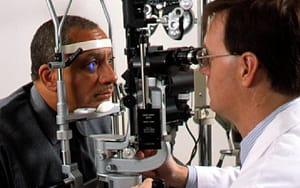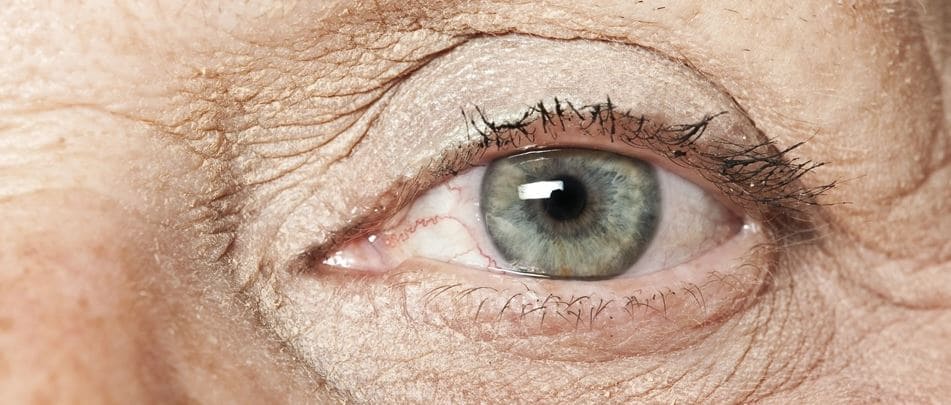Glaucoma is a disease of the eye that gradually affects vision, generally no symptoms, and can suddenly cause loss of sight. It can also occur at any stage of life, which is why an annual ophthalmological evaluation is necessary to avoid vision loss due to this condition. You should look for the best medical facilities specializing in glaucoma treatment for the best examination.
Glaucoma is identified through a complete ophthalmological evaluation in which intraocular pressure is measured, and the patient’s optic nerve is observed to see if there is any damage to it. Complementary tests must be carried out to reach an adequate diagnosis if it has any associated risk factor.
What Are the Symptoms?
Glaucoma symptoms include the presence of halos of light, retro ocular pain, nausea, vomiting, red-eye, and progressive decrease in vision. In the initial stages, it does not produce symptoms, so it becomes dangerous since it often goes unnoticed by the patient, being symptomatic already in advanced stages when vision loss becomes irreversible.
the presence of halos of light, retro ocular pain, nausea, vomiting, red-eye, and progressive decrease in vision. In the initial stages, it does not produce symptoms, so it becomes dangerous since it often goes unnoticed by the patient, being symptomatic already in advanced stages when vision loss becomes irreversible.
What Treatments Are Most Effective?
There are multiple treatments to control glaucoma based mainly on the control of intraocular pressure. These include the use of drops, selective laser trabeculoplasty (to avoid the use of drops), and conventional surgical treatments such as trabeculectomies, as well as the most modern techniques called minimally invasive surgeries.
Currently, technology continues to innovate, and in this case, minimally invasive surgeries stand out for adequate control of intraocular pressure, including canaloplasty, endocyclofotocoagulation, and drainage devices. All these procedures improve the drainage of the aqueous humor that produces the increase in intraocular pressure, obtaining optimal pressures to prevent the progression of glaucoma.
Tips to Avoid Suffering from Glaucoma
- Get an annual ophthalmological check-up, since this way you can diagnose glaucoma in the initial stages and thus avoid reaching advanced stages with the consequent loss of vision.
- Perform physical activity, as it helps to lower intraocular pressure.
- Proper stress management
- Use only prescription drops and medications.
- Healthy and balanced diet
- Avoid prolonged exposure to screens
- Have adequate control of other systemic diseases that may be suffered.
- Wear suitable eye protection to avoid trauma or blows to the eye that can cause glaucoma
Since it is a silent disease, the best thing to do is to prevent glaucoma progression by making an early diagnosis to avoid a significant loss of vision. Now that you understand the disease better, you should follow these simple steps to avoid contracting it.…

